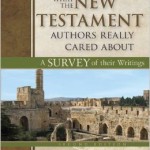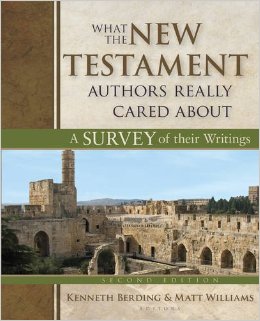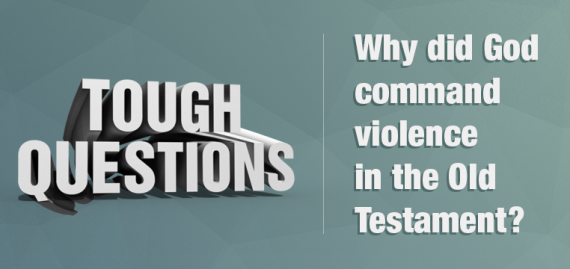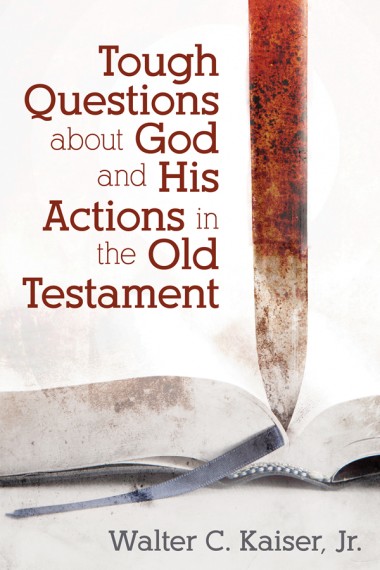I am one of those readers who reads with a pen in hand. I almost cannot read a book unless I am underlining statements and scribbling in the margins. This slows down my reading speed significantly, but I think it helps sharpen my mind and interact with the ideas of others.
My goal is to read 4000 books in my lifetime, and this post will keep track of my progress in 2016.

I already own more books than I can read in a lifetime (which I find highly depressing), and so I buy fewer books than I used to, and I have begun to weigh the pros and cons of any book I read. It’s a little crass, but when I consider whether or not I should read a book, I often think of Elaine from Seinfeld wondering if a boyfriend was “sponge worthy.”
Anyway… with that image in mind … here are the books I have read so far:
- Birth-2009 Estimate: 1500 (doesn’t count children’s books)
- 4000 Books 2010: 45
- 4000 Books 2011: 69
- 4000 Books 2012: 52
- 4000 Books 2013: 57
- 4000 Books 2014: 57
- 4000 Books 2015: 55
- 4000 Books 2016: See Comments Below
- Total so Far: 1835
Some of these books make it onto my list of “The Books Every Christian Should Read.” If you haven’t read the books on that list … well, you should.
What books have you read this past year which influenced your life and theology? What books are you excited to read in 2016?





 Then in the fall of 2015 I decided to launch two podcasts. The first is the
Then in the fall of 2015 I decided to launch two podcasts. The first is the  People want me to continue writing the blog, and a large number of people have asked for me to teach some online courses. So this is one of my major goals in 2016. I plan on beginning with a course on the gospel, with a special emphasis on the relationship between faith and works. So look for this course to begin sometime (hopefully) in January.
People want me to continue writing the blog, and a large number of people have asked for me to teach some online courses. So this is one of my major goals in 2016. I plan on beginning with a course on the gospel, with a special emphasis on the relationship between faith and works. So look for this course to begin sometime (hopefully) in January. Then I plan on publishing 4 more books in 2016 as well. If that sounds like a lot, don’t worry… all four are already written. They just need to compiled, edited, typeset, and published. As a preview, these books will be on (1) Church and pastoral Leadership, (2) How your church can incorporate Kingdom principles in the new millennium, (3) A study on Genesis 1 (based on my podcasts), and (4) A new look at the atonement.
Then I plan on publishing 4 more books in 2016 as well. If that sounds like a lot, don’t worry… all four are already written. They just need to compiled, edited, typeset, and published. As a preview, these books will be on (1) Church and pastoral Leadership, (2) How your church can incorporate Kingdom principles in the new millennium, (3) A study on Genesis 1 (based on my podcasts), and (4) A new look at the atonement.





 I also got somewhat upset when he rejected out of hand the idea that Moses was writing a polemic against the religions of his day. He said that this sort of idea has been “thoroughly discredited” (p. 63). I find this funny, because most of the scholars I have read in my own research and study do not share Kaiser’s opinion.
I also got somewhat upset when he rejected out of hand the idea that Moses was writing a polemic against the religions of his day. He said that this sort of idea has been “thoroughly discredited” (p. 63). I find this funny, because most of the scholars I have read in my own research and study do not share Kaiser’s opinion.
